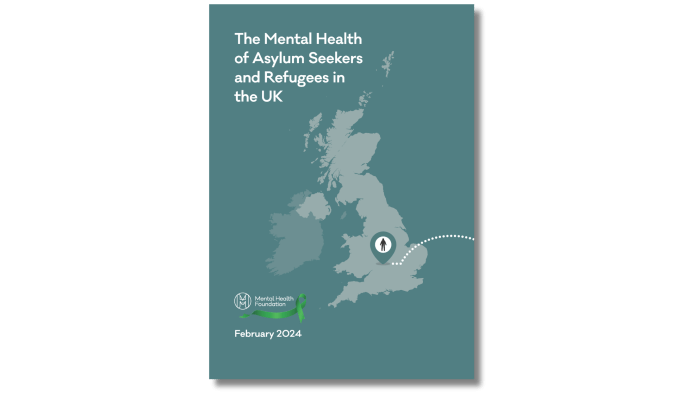According to UNHCR statistics, as of November 2022, there were 231,597 refugees, 127,421 pending asylum cases and 5,483 stateless persons in the UK. Asylum seekers and refugees face unique and complex challenges related to their mental health. They are often at greater risk of developing mental health problems.
- asylum seekers and refugees are more likely to experience poor mental health than the local population,2 including higher rates of depression, PTSD and other anxiety disorders3,4
- the increased vulnerability to mental health problems that refugees and asylum seekers face is linked to pre-migration experiences (such as war trauma) and post-migration conditions (such as separation from family, difficulties with asylum procedures and poor housing)5,6
- research suggests that asylum seekers are five times more likely to have mental health needs than the general population, and more than 61% will experience severe mental distress.7 However, data shows that they are less likely to receive support than the general population8
The mental health of asylum seekers and refugees in the UK
This report presents evidence on the circumstances which asylum seekers and refugees in the UK can face, and how these experiences can harm their mental health and even lead to suicidal feelings and actions. Published February 2024.

Our 2016 study 'The Fundamental Facts about Mental Health' follows a comprehensive summary of mental health research, providing a unique handbook of key facts and figures covering all key areas of mental health.
References
- UNHCR. (2015). World at war Global Trends Report: Forced displacement in 2015. Geneva: UNHCR
- Tribe, R. (2002). Mental health of refugees and asylum seekers. Advances in Psychiatric Treatment, 8, 240–247.
- Fazel, M., Wheeler, J., & Danesh, J. (2005). Prevalence of serious mental disorder in 7,000 refugees resettled in Western countries: A systematic review. The Lancet, 365, 1309–1314.
- Tempany, M. (2009). What research tells us about the mental health and psychosocial wellbeing of Sudanese refugees: A literature review. Transcultural Psychiatry, 46, 300–315.
- Steel, Z., Chey, T., Silove, D., Marnane, C., Bryant, R., & van Ommeren, M. (2009). Association of torture and other potentially traumatic events with mental health outcomes among populations exposed to mass conflict and displacement: A systematic review and meta-analysis. JAMA, 302, 537–549.
- Porter, M., & Haslam, N. (2005). Predisplacement and postdisplacement factors associated with mental health of refugees and internally displaced persons: A meta-analysis. JAMA, 294, 602–612.
- Eaton, V., Ward, C., Womack, J., & Taylor, A. (2011). Mental Health and Wellbeing in Leeds: An Assessment of Need in the Adult Population. NHS Leeds.
- Aspinall, P., & Watters, C. (2010). Refugees and asylum seekers: A review from an equality and human rights perspective. Equality and Human Rights Commission Research report 52, University of Kent.

